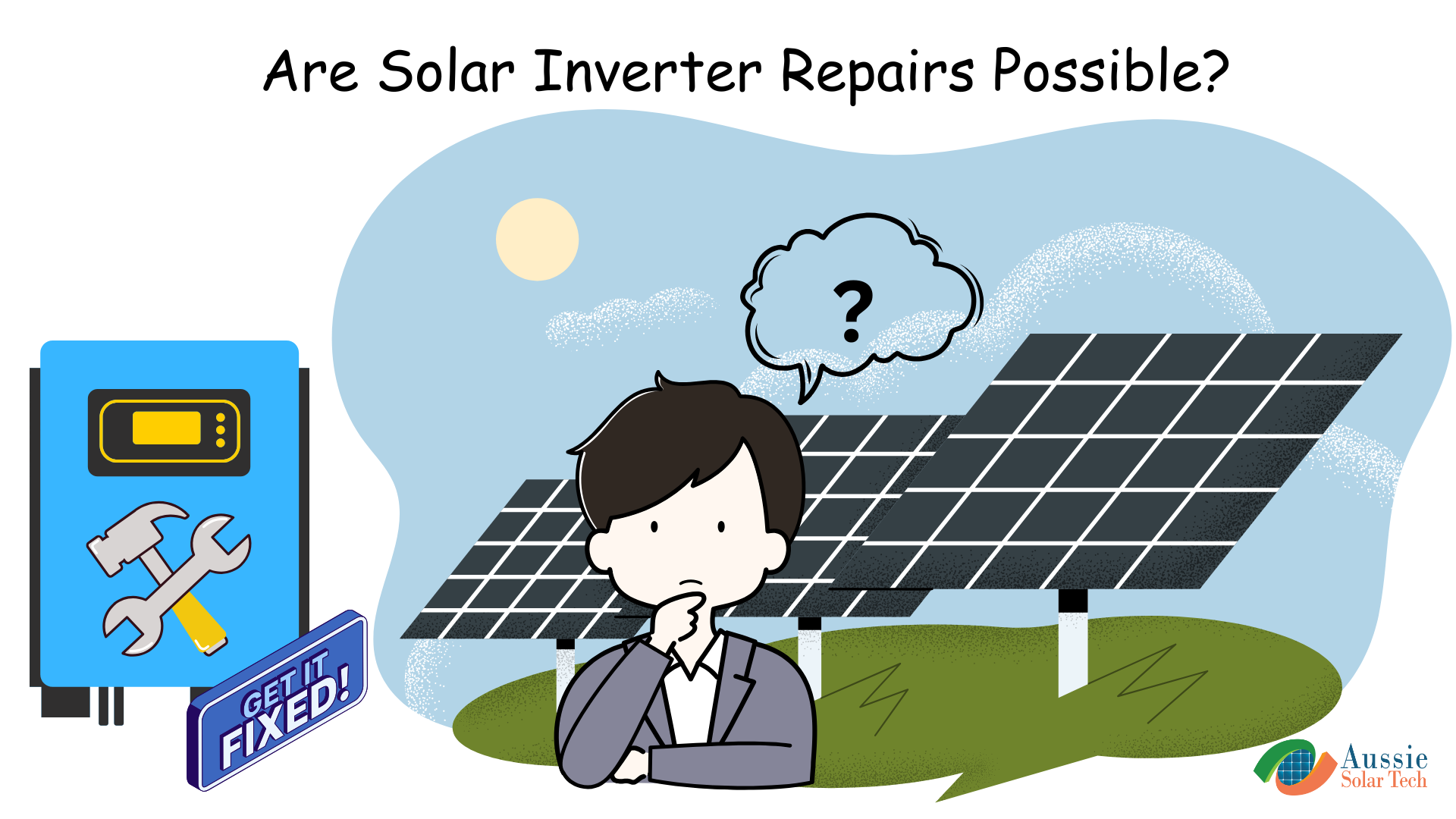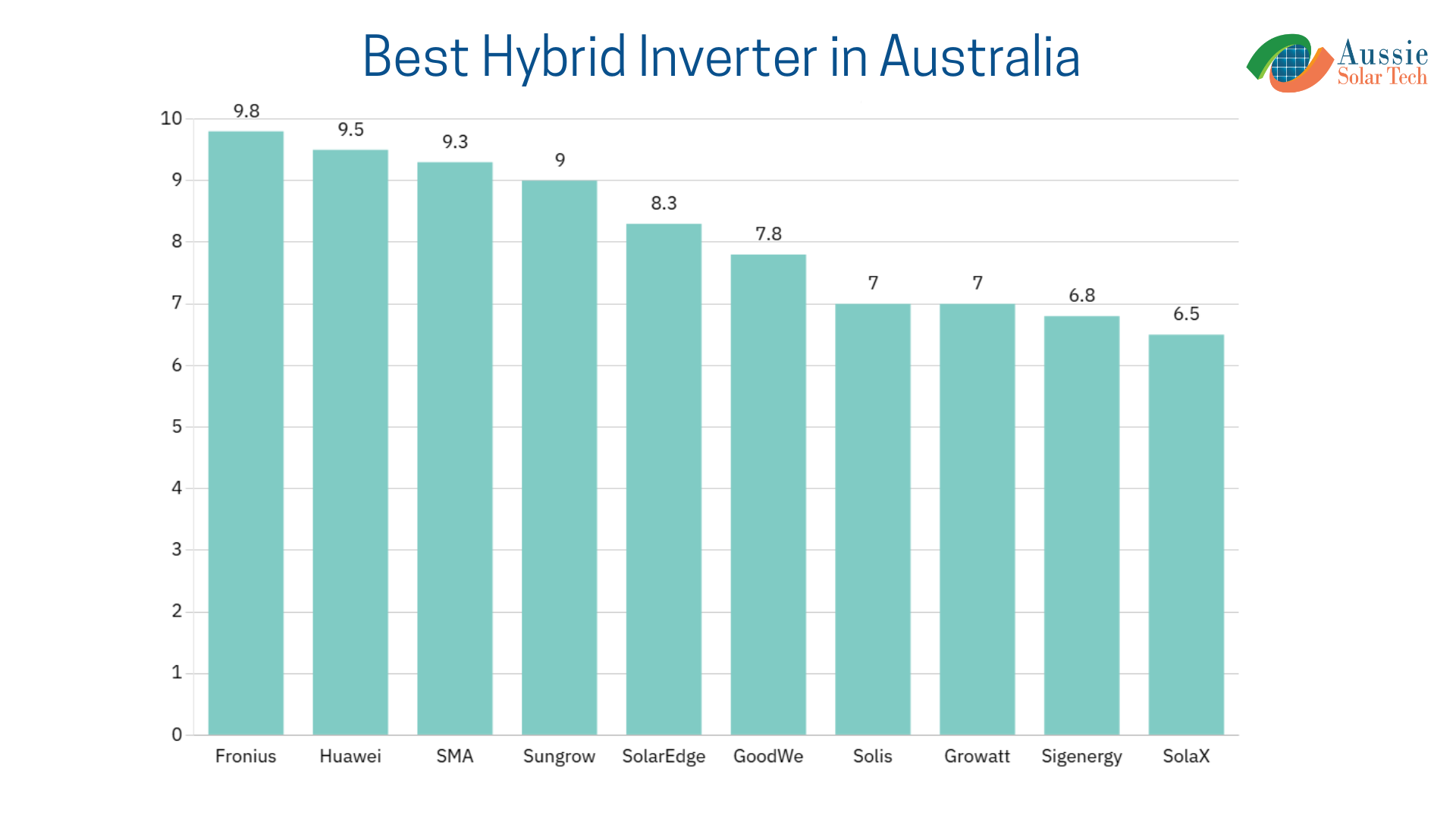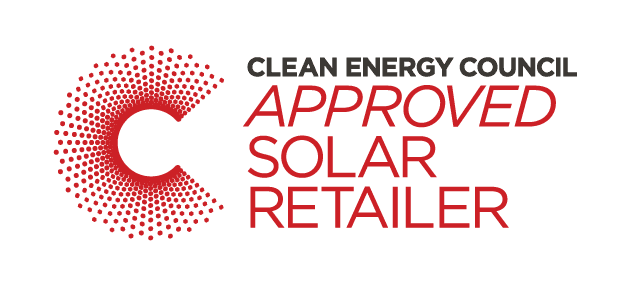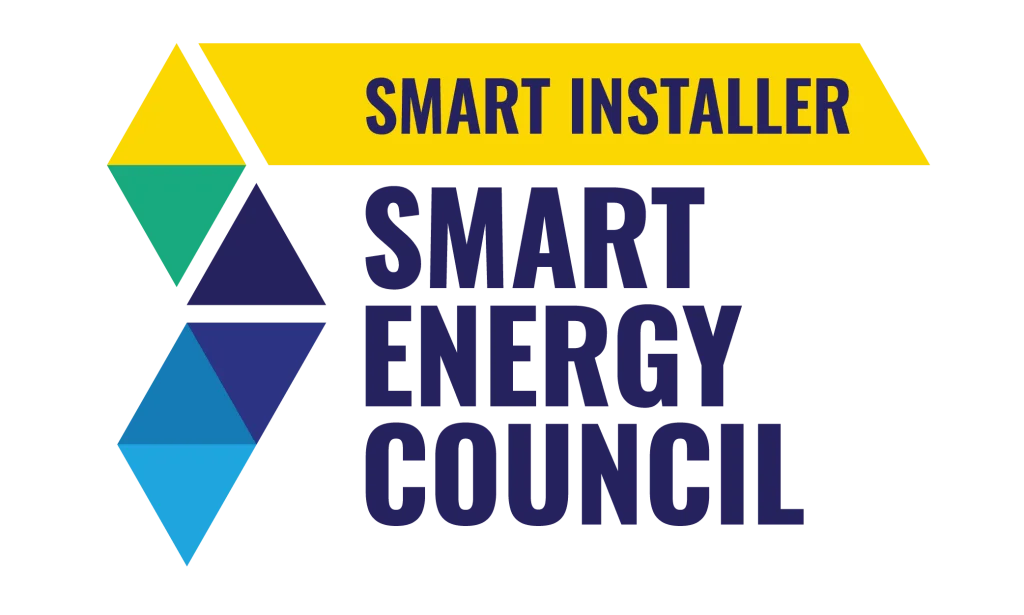Shining a Light on Sustainability: Innovations to Make Solar Panels More Environmentally Friendly

In This Article
ToggleSolar panels have emerged as a game-changer in the pursuit of clean, renewable energy. By harnessing the power of the sun, these panels generate electricity without emitting harmful greenhouse gases. However, it is essential to recognize that the production and disposal of solar panels can have environmental consequences. In this article, we delve into the importance of sustainability in the solar panel industry and explore the innovations that are making solar panels more environmentally friendly.
Shining a Light on Sustainability in the Solar Panel Industry
As the world grapples with the pressing issue of climate change, the solar panel industry has a crucial role to play in promoting sustainability. By transitioning to renewable energy sources like solar power, we can reduce our dependence on fossil fuels and mitigate the harmful effects of greenhouse gas emissions. However, it is equally important to consider the environmental impact of solar panel production itself.

Innovations in Solar Panel Technology to Reduce Environmental Impact
The solar panel industry has been shining a light on sustainability by heavily investing in research and development to reduce its environmental footprint. One major advancement is the shift toward more sustainable materials in manufacturing. Traditional silicon-based panels are energy-intensive to produce, but thin-film technologies using cadmium telluride or copper indium gallium selenide (CIGS) are shining a light on sustainability by offering higher efficiency with lower energy input.
Another area shining a light on sustainability is the integration of recycling and end-of-life management throughout the solar panel lifecycle. As solar adoption grows globally, it’s crucial to prevent old panels from ending up in landfills. Companies are now shining a light on sustainability through take-back programs and collaborations with recycling facilities to recover valuable components like silicon, glass, and metals from decommissioned panels.
Advancements in Solar Panel Materials and Manufacturing Processes
The quest for more environmentally friendly solar panels is shining a light on sustainability through advancements in materials and manufacturing processes. Researchers are now exploring organic materials like perovskite, which are not only cost-effective but also flexible, offering a new wave of solar applications while shining a light on sustainability in energy production.
At the same time, innovative manufacturing techniques are shining a light on sustainability by cutting energy use and reducing waste. Methods such as 3D printing allow for the creation of solar panels using fewer raw materials and less intensive processes. These technological strides are not only making solar panels greener but also more affordable, shining a light on sustainability by helping solar energy reach more people around the world.
Improving the Efficiency of Solar Panels Through Design and Engineering
Enhancing the efficiency of solar panels is crucial in maximizing their environmental benefits. Researchers and engineers are continuously working on improving the design and engineering of solar panels to capture more sunlight and convert it into electricity. One promising approach is the development of bifacial solar panels, which can generate electricity from both the front and back sides. By utilizing reflected sunlight from the ground, these panels can significantly increase their energy output.
Another area of focus is the development of solar tracking systems that allow panels to follow the sun’s movement throughout the day. By optimizing the angle and orientation of the panels, solar tracking systems can maximize energy generation. Additionally, advancements in anti-reflective coatings and improved cell architectures are further enhancing the efficiency and performance of solar panels.
The Role of Recycling and End-of-Life Management in Sustainable Solar Panel Usage
As solar panels reach the end of their lifespan, shining a light on sustainability involves proper recycling and responsible end-of-life management. This reduces reliance on raw materials and prevents environmental damage.

Governments and organizations are contributing by shining a light on sustainability through stronger recycling infrastructure and disposal regulations for solar panels. Second-life applications also play a key role in shining a light on sustainability—repurposing retired panels for solar water heaters or building facades helps extend their usefulness and reduce waste
Government Policies and Incentives for Promoting Environmentally Friendly Solar Panels
Governments worldwide are playing a crucial role in promoting the adoption of environmentally friendly solar panels through policies and incentives. Financial incentives, such as tax credits and subsidies, encourage individuals and businesses to invest in solar panels. Additionally, feed-in tariffs guarantee a fixed payment for the excess electricity generated by solar panel owners, further incentivizing the adoption of solar energy.
Governments are also implementing regulations and standards to ensure the environmental sustainability of solar panels. These regulations cover aspects like the use of environmentally friendly materials, recycling requirements, and energy efficiency standards. By creating a favorable regulatory environment, governments are driving innovation in the solar panel industry and encouraging manufacturers to adopt more sustainable practices.
Case Studies of Companies Leading the Way in Sustainable Solar Panel Production
Several companies have emerged as leaders in sustainable solar panel production, setting an example for the rest of the industry. One such company is SolarCity, which has pioneered the concept of solar leasing, making solar panels more accessible to homeowners without the need for upfront costs. SolarCity also operates a robust recycling program, ensuring that their panels are disposed of responsibly at the end of their lifespan.
Another notable example is SunPower, a company that has made significant strides in improving the efficiency and sustainability of solar panels. SunPower’s panels utilize a unique back-contact design, which eliminates the need for unsightly front-side metal contacts and improves overall performance. The company also partners with recycling facilities to ensure that their panels are recycled and valuable materials are recovered.
Consumer Choices and Considerations for Selecting Environmentally Friendly Solar Panels
As a consumer, it is essential to make informed choices when selecting environmentally friendly solar panels. Look for certifications and labels that indicate the sustainability credentials of the panels. For example, the Cradle to Cradle Certified label ensures that a product meets strict environmental and social criteria throughout its lifecycle.
Consider the efficiency, durability, and warranty of the panels. High-efficiency panels generate more electricity per square foot, reducing the number of panels required and the environmental impact. Additionally, durable panels with longer warranties result in a longer lifespan, maximizing the environmental benefits over time.
Conclusion: The Future of Sustainable Solar Panels and the Importance of Continued Innovation
The future of sustainable solar panels looks promising, with innovations steadily shining a light on sustainability across the industry. From eco-friendly materials to smarter manufacturing and recycling, progress is being made every day. Governments, companies, and consumers are all playing a role in shining a light on sustainability by embracing cleaner energy and responsible production practices.
As a consumer, you can make a real impact by choosing green energy solutions and supporting brands that are shining a light on sustainability. Together, we can build a cleaner, brighter future for all.

Shah Tarek is a Solar Energy Consultant with 10 years experience in solar system design and solar consultancy field at Australia. He is now a Director, Operation & Consultancy Division at Aussie Solar Tech, a leading Australian solar retailer and installer. Here he is writing informative and engaging solar content that educates the community on the benefits of solar power. His work supports Aussie Solar Tech’s mission to promote sustainable energy solutions and foster a greener future for Australia.
Recent Posts














